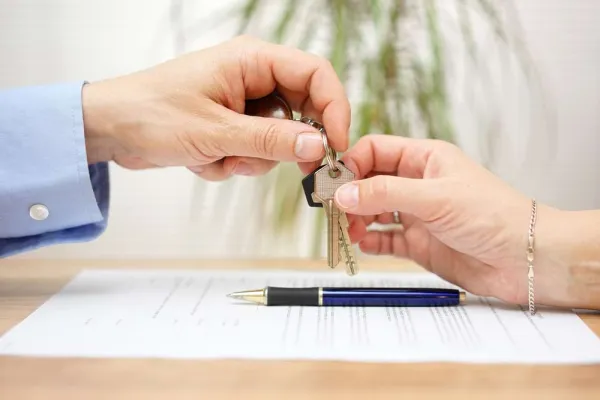In recent years, energy efficiency has become a popular preoccupation for some homeowners.
But it can be difficult to know where to start.
Let’s look at what this term means, how it affects you, and what you can do to improve it.
House energy-efficiency overview
Your house’s energy efficiency refers to how much energy you waste.
This is not the same thing as how much energy you use. After all, you could use a lot of energy efficiently.
Improving your energy efficiency means you don’t change your habits but do lower your energy bills and carbon emissions.
When your property is more efficient, it saves you money and is better for the environment.
Energy Performance Certificates (EPCs)
When you sell a house, you must have an Energy Performance Certificate (EPC).
It’s part of the essential paperwork for selling your house and requires a professional to assess how energy-efficient your house is.
Buyers will be interested to see this. It details what your current score is and what it could become.
In recent years, the UK government has required that all properties being let out have a minimum EPC rating of ‘C’.
This is expected to come into place in 2028. So, many landlords will soon be rushing to improve their EPC rating.
How do I find out my house’s energy efficiency rating?
Your property should already have an Energy Performance Certificate registered against it. This should have been completed within the last 10 years.
You should have been given this when you first bought the house. It’ll give you details about your energy efficiency. Just keep in mind it could be outdated.
To get a more accurate assessment, bring in a qualified assessor. This professional will visit your house and inspect it before compiling a report.
This report will outline both good and bad features and your overall energy efficiency score.
A valid EPC is a requirement when you sell your house. So, it’s often in your interest to get this done.
Why is house energy efficiency important?
Cost savings
Your monthly energy bills will be lower when your house is energy efficient.
You’ll save money on electricity, gas and more. You’ll thus have lower outgoings, putting more money in your pocket.
Environmental issues
If you’re eco-conscious, then house energy efficiency is crucial.
It protects the planet and makes your carbon footprint lower than it would otherwise be.
Renting out the house
The UK government is mandating a ‘C’ EPC rating to let out your house from 2028 onwards.
This is critical if you want to be a landlord and make income from your property.
Overall property value
Your house is more valuable when you’ve got a high EPC rating. Buyers will pay more for it.
Ways to Improve House Energy Efficiency
1. Improve insulation
Insulation is a huge part of any home’s energy efficiency. Upgrading your windows and doors is one of the most popular ways to achieve this.
If you don’t have double-glazed windows, for example, you could get them.
You may also want to seal air leaks and add extra insulation to walls and roofs.
2. Install solar panels
Solar panels are a great way to generate electricity using a ‘renewable’ source.
It involves a large up-front cost, but you’ll aim to make this back in savings over the years. You can also sell excess energy to the grid.
3. Use ‘smart’ devices
These are inexpensive to install. Smart meters exist on ovens, fridges, microwaves and more.
You can measure how much energy you use and improve it.
4. Put in energy-efficient lighting
During the darker months in the UK, your lights will be on often.
So, when you get energy-efficient lightbulbs, it’ll make a huge difference. These aren’t particularly expensive and will benefit your EPC rating.
5. Get charging points for electric vehicles
Like with solar panels, this involves an up-front cost.
But the most eco-friendly drivers will appreciate this if you ever sell. They can charge their electric vehicle and thus protect the planet.
How much does a house with energy-efficient features cost to install?
When you install energy-efficient features for your house, you must accept the cost involved. Your goal is to make this money back further down the line.
Double glazing for an entire house usually costs at least £1,200. And sometimes it is much more.
Solar panels can cost around £550 per 250W panel. This means your total costs are roughly £7,000 when installed.
For an electric vehicle charging point, it will be around £1,000 for the installation of a standard 7kW home fast charger. You’ll then pay another £1,000 for the charger itself.
Some of the smaller energy-efficient features are far less costly. Smart meters and energy-efficient lightbulbs are the best examples.
Many businesses install smart meters free of charge.
How does house energy efficiency impact property value?
According to Nationwide, there is around a 1.7% price difference between a house rated A or B on their EPC certificate, compared to a property with a D rating.
For a house initially valued at £300,000, this would be a difference of £5,100.
Meanwhile, properties with an F or G rating are around 3.5% less expensive than a house with a D rating.
On a £300,000 property, this represents a price difference of £10,500. This price difference would be even more significant than an A or B rating.
Often, the price differences listed above make installing eco-efficient features worthwhile.
















